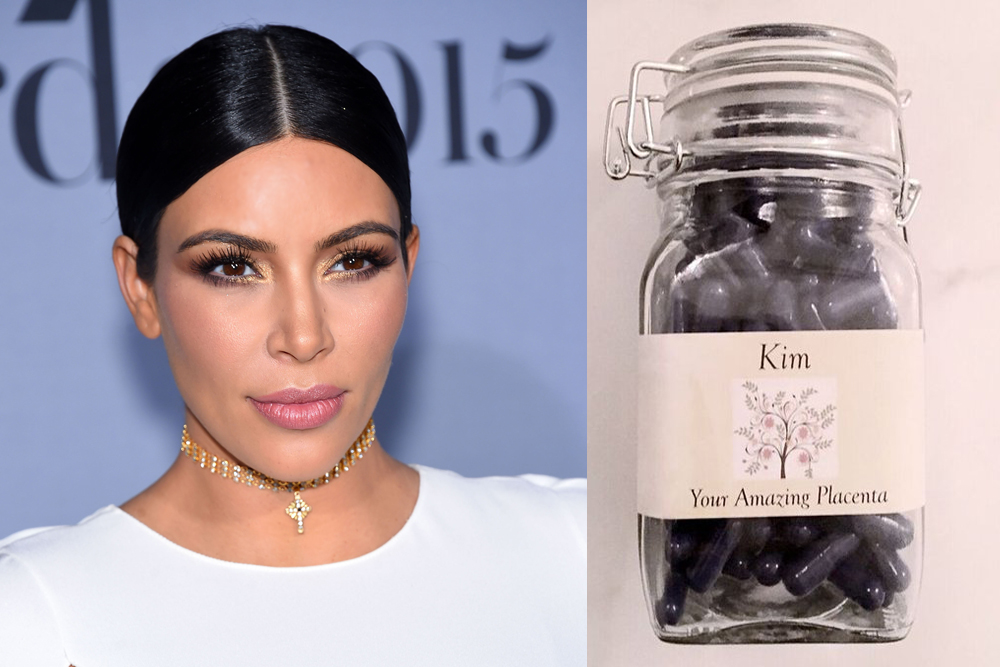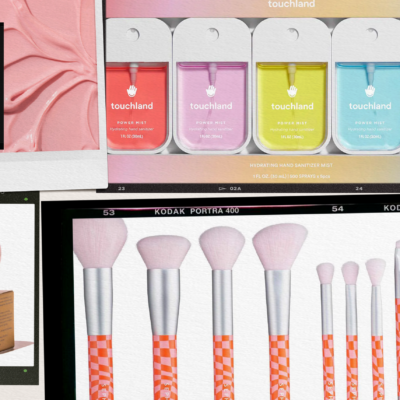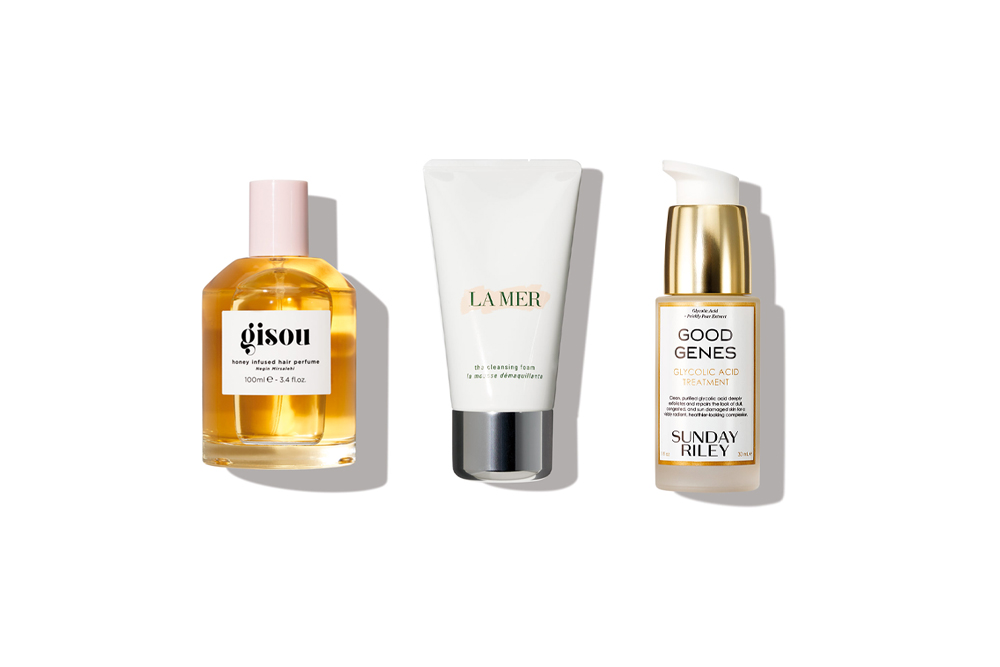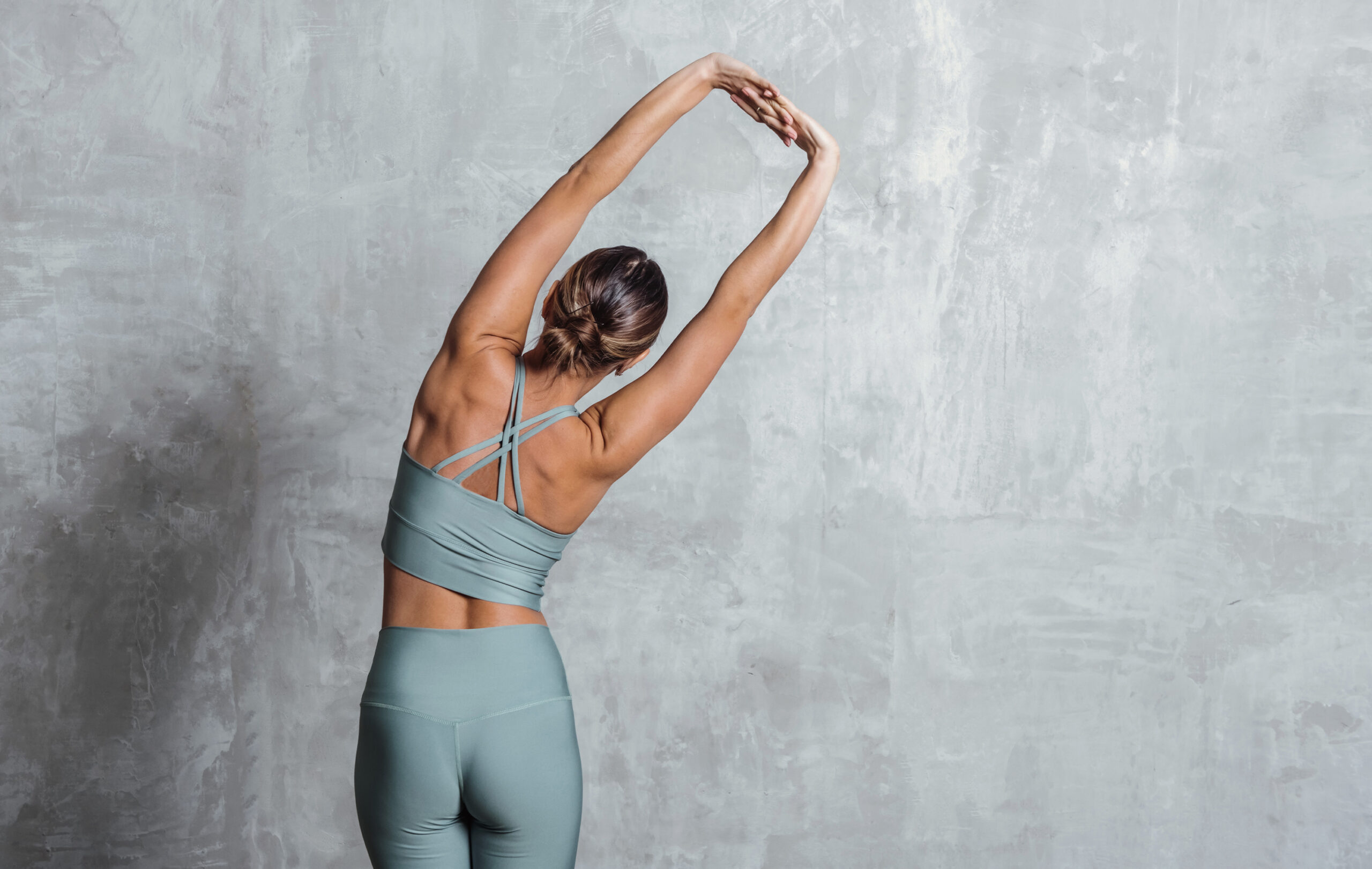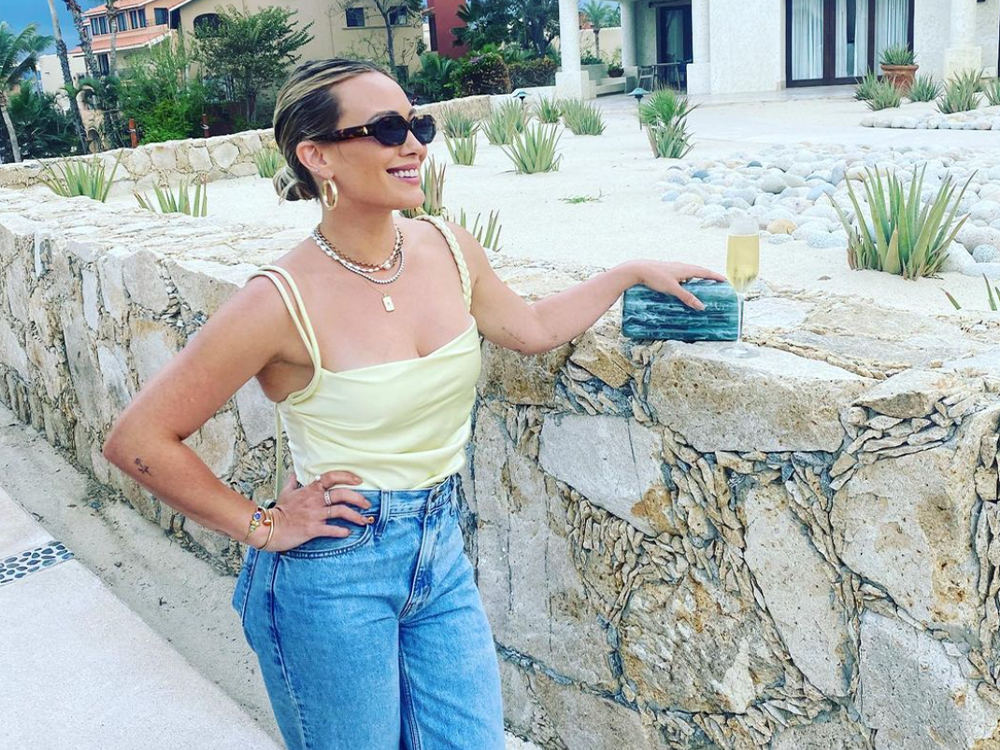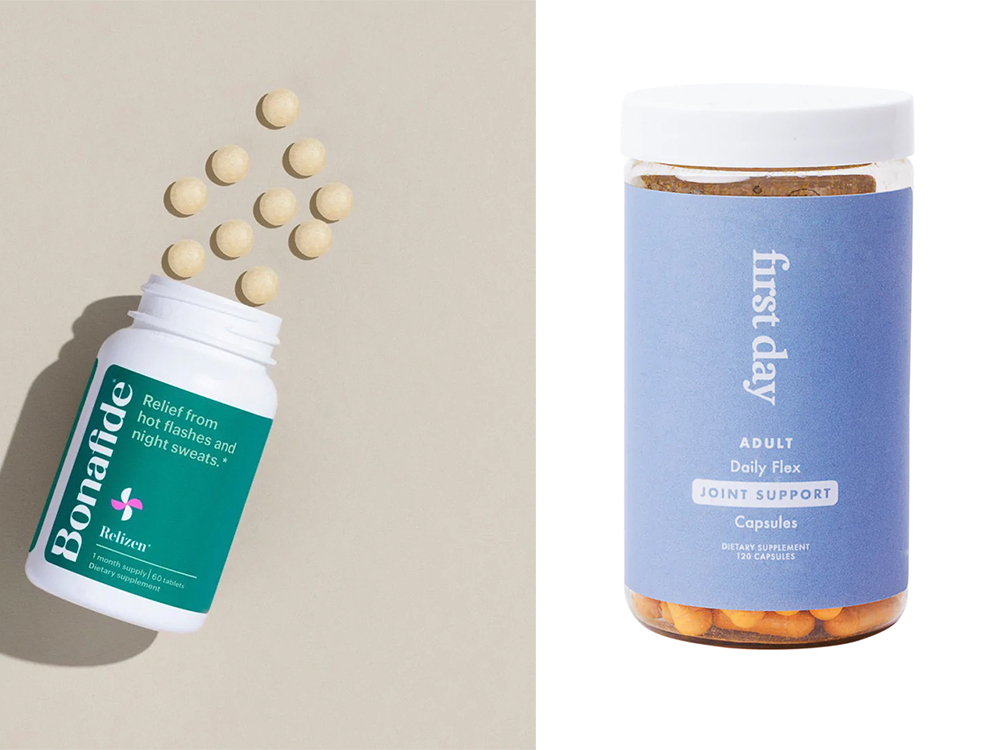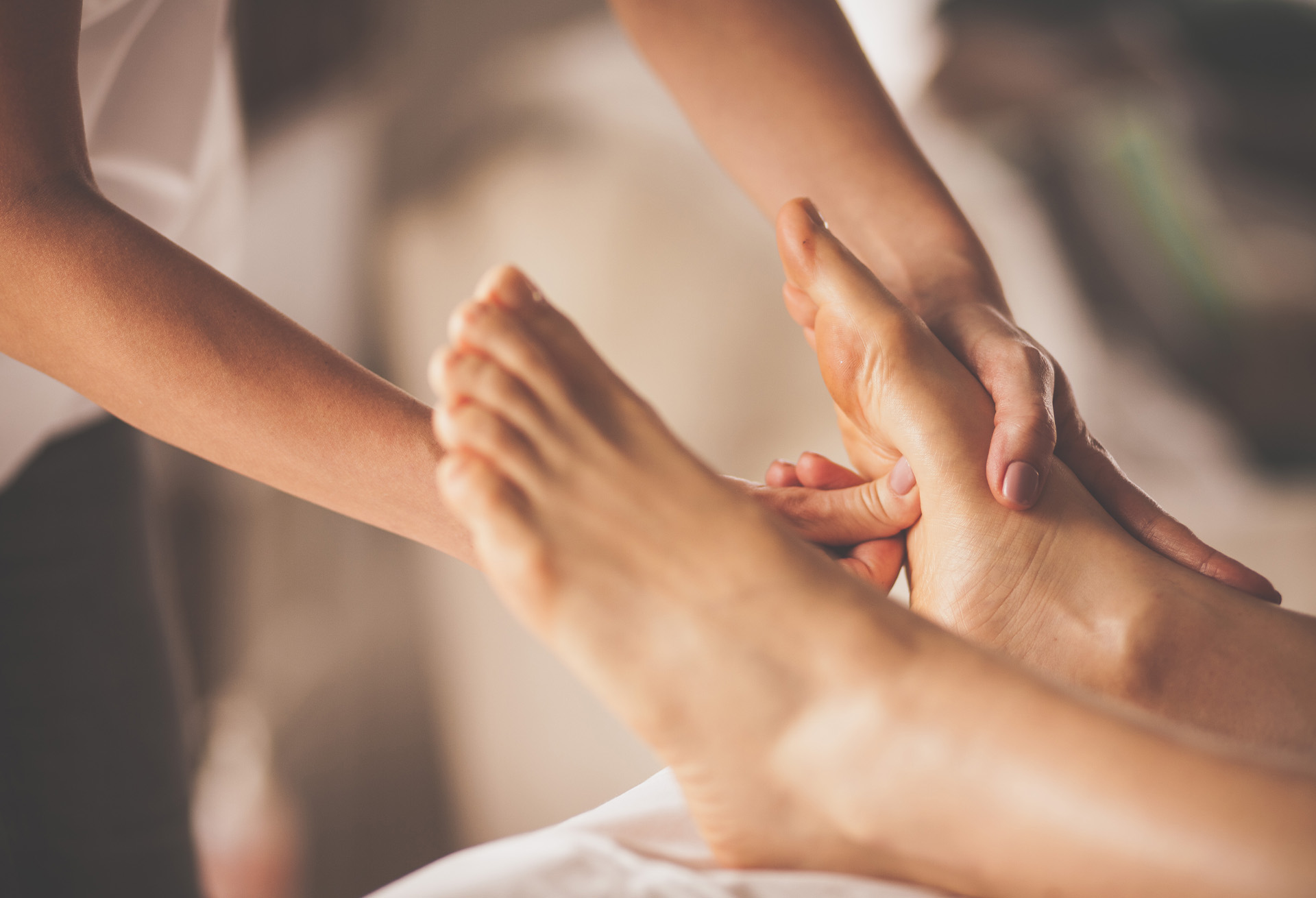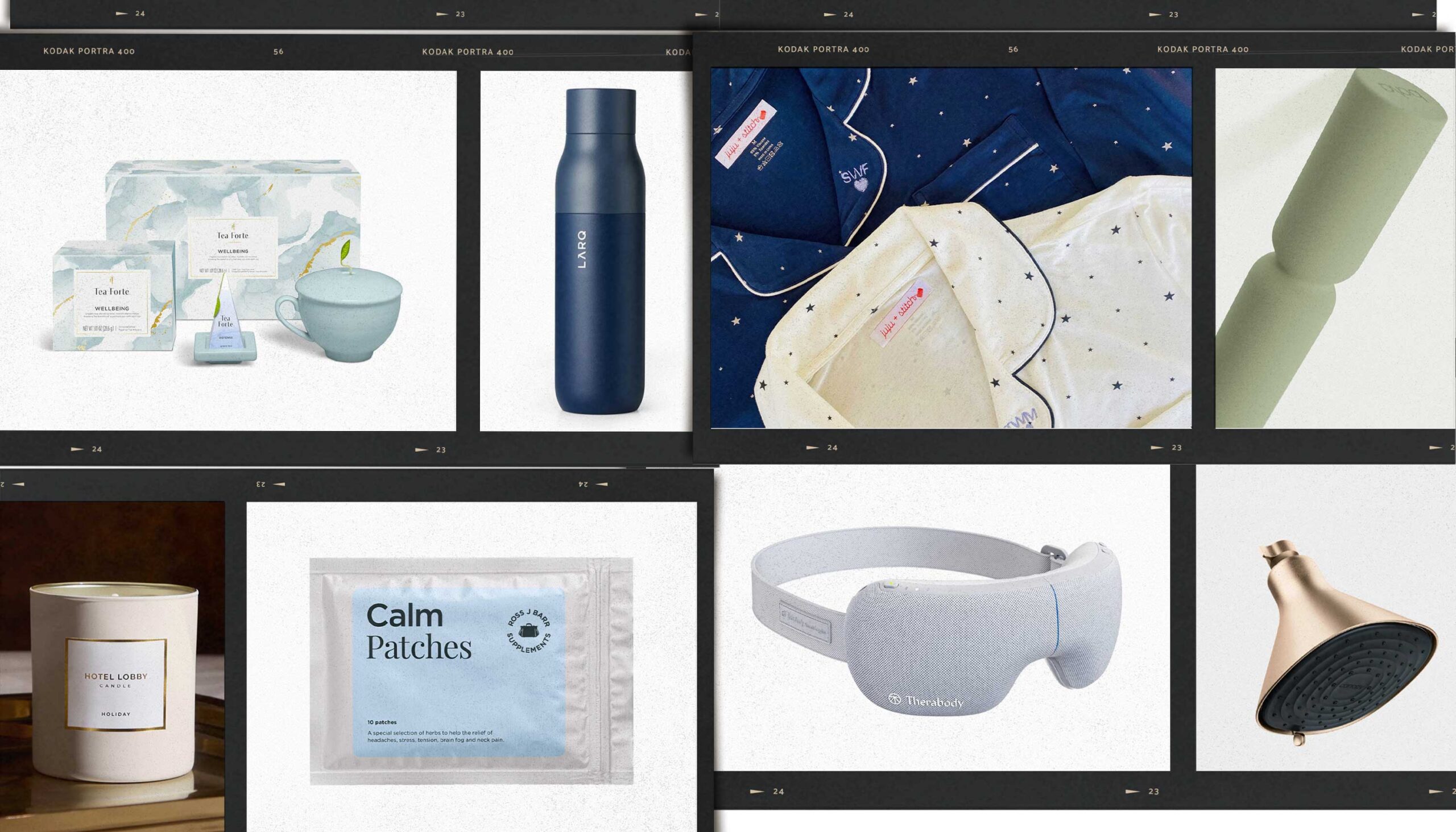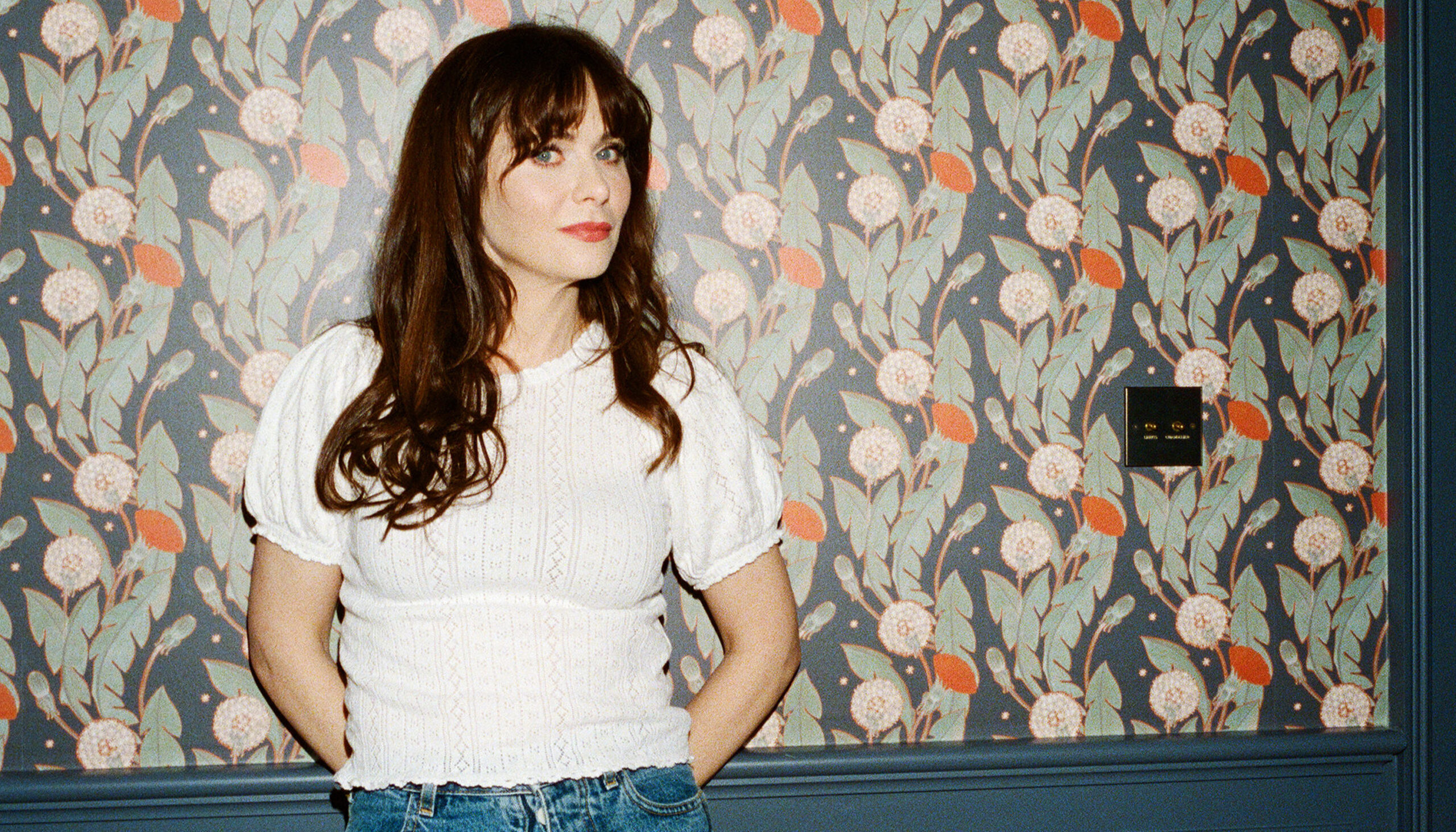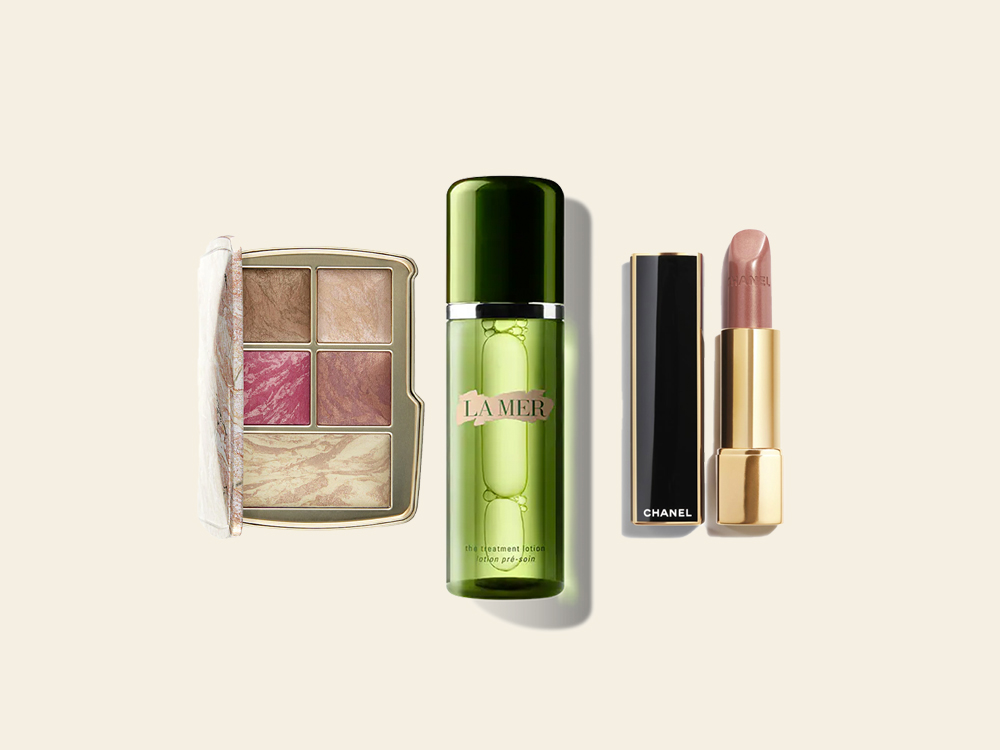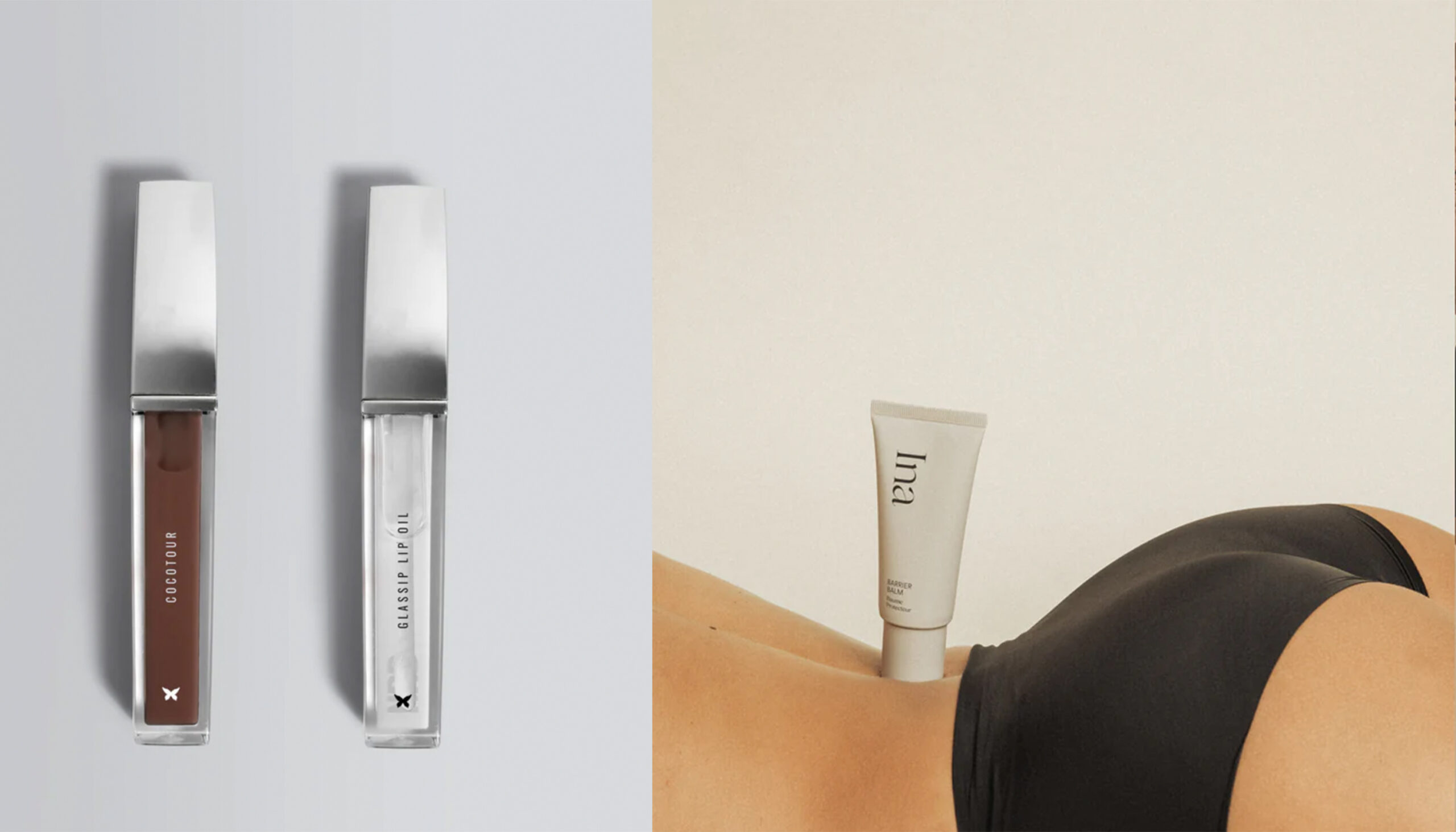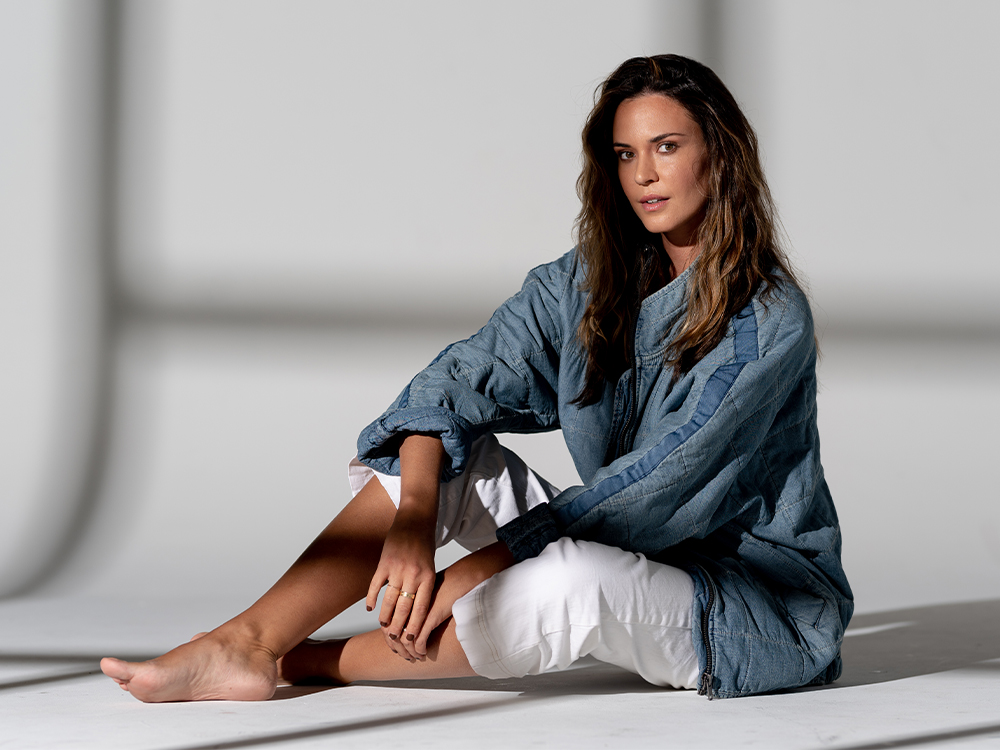In a post on her website titled “Eating My Placenta,” Kim Kardashian revealed that after giving birth to her second child, Saint West, she’s planning to eat her placenta to stave off postpartum depression. “I heard so many stories when I was pregnant with North of moms who never ate their placenta with their first baby and then had postpartum depression, but then when they took the pills with their second baby, they did not suffer from depression!” wrote Kardashian. “So I thought, why not try it? What do I have to lose?”
Ingesting one’s own placenta after childbirth has been hyped by a string of celebrities including Kardashian, Alicia Silverstone and January Jones, as a sort of cure-all for new moms and is believed to protect against postpartum depression, boost energy, reduce post-delivery pain, help with lactation, replenish iron and promote skin elasticity. When Kardashian tweeted an image of her placenta pills in a sweet looking jar with a personalized label, it sparked a myriad of questions on the web: Where did they come from? Who made these pills from Saint West’s placenta? And does eating your own placenta actually work?
“Ordinarily, I never talk about my high profile clients and privacy and confidentiality are such a high priority to me. But after Kim posted about it, I’ve gotten a lot of questions about what I do for my clients,” says Los Angeles doula and placenta encapsulator Joni Lucarelli. Lucarelli, who made Kardashian’s placenta pills for both North and Saint West, was called by Kris Jenner to let her know the baby had been born and the placenta was ready to be picked up from the hospital.
Using a raw foods method, Lucarelli dehydrated the placenta without steaming it first to make the pills. “The hormones are more likely to be bio-available when the placenta is processed raw and dehydrated,” says Lucarelli. “Women report a noticable boost of energy with capsules prepared in the raw food method. This is the method I am most commonly asked to use. Once I’ve prepared the pills, I deliver them straight to my client’s house.”
Although a recent review of several studies published in Archives of Women’s Mental Health by Northwestern Medicine states there is no data to support the claims that eating the placenta does all of the things celebrity fans say it does, Lucarelli still believes that placentas can help mothers during a stressful and difficult time. “The studies are inconclusive in terms of the definitive science behind it, but what we’re seeing anecdotally is that not just celebrities, but many new moms in general, are citing these benefits,” said Lucarelli. “When I first started doing this I thought, it’s probably just a placebo. But even if it’s a placebo, being a new mom isn’t easy. Especially when you hear that the first few weeks you should be glowing and it’s so easy and beautiful. Then you get home and you’re sleep deprived, you’re cranky and it feels so wrong. I just want these mom to feel better and if the hormonal benefits of the placenta or the placebo effect can help them, then I’m all for that.”
